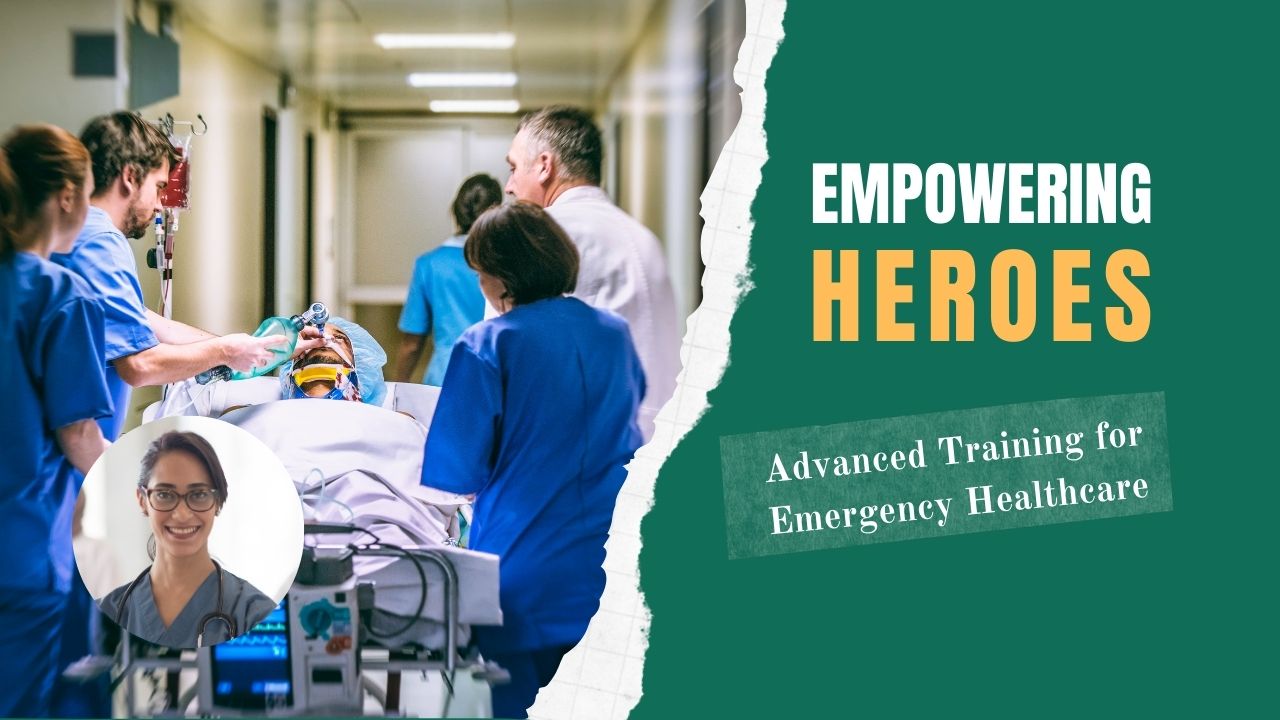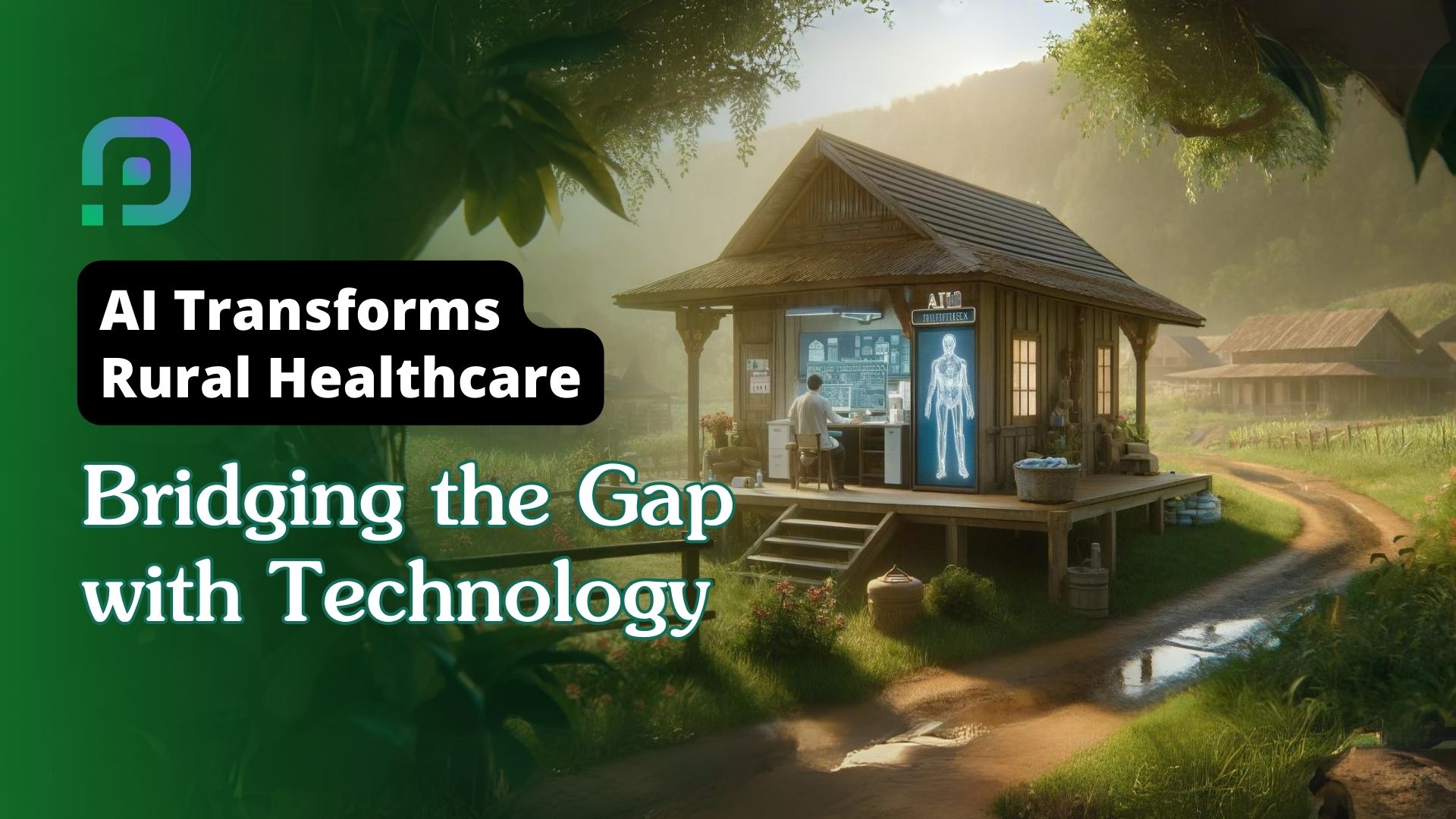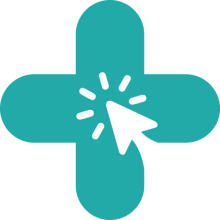Published - Fri, 11 Nov 2022

Non-ketotic Hyperosmolar Coma
The syndrome is characterized by severe hyperglycemia, hyperosmolarity, and dehydration. Non-ketotic hyperosmolar coma is less common than diabetic ketoacidosis and commonly occurs as an early manifestation of non–insulin-dependent diabetes.
ETIOLOGY
1. Patients with diabetes who have been subjected to a stressor (e.g., infection, stroke, gastrointestinal bleeding, pancreatitis) or who are taking thiazide diuretics, corticosteroids, phenytoin, cimetidine, propranolol, or calcium channel blockers may develop nonketotic hyperosmolar coma.
2. Non-diabetic patients: Situations that cause severe dehydration or excessive glucose load (e.g., burns, heat stroke, peritoneal dialysis, hemodialysis, and the ingestion of enormous amounts of sugar-containing foods) may cause this disorder in patients without diabetes.
PATHOGENESIS: Non-ketotic hyperosmolar coma and diabetic ketoacidosis represent different ends of a spectrum of lipid mobilization. Non-ketotic hyperosmolar coma is precipitated by stress that increases glucose levels over days or weeks. It is believed that a tiny dose of insulin will decrease ketogenesis. Osmotic diuresis that is significantly results in severe dehydration and altered mental status.
CLINICAL FEATURES
1. Patient history: Most patients are elderly with either non–insulin-dependent diabetes (67% of patients) or insulin-dependent diabetes (33% of patients).
2. Symptoms: Patients develop polydipsia and polyuria initially, followed by alterations in mental status. Before a stupor and coma set in, the illness can go undetected.
3. Physical examination findings: Dehydration, fever, hypotension, tachycardia, and a variety of breathing patterns are the main findings. Neurologic symptoms can include tremors, fasciculations, hemisensory abnormalities, and hemiparesis.
DIFFERENTIAL DIAGNOSES: Any disorder that can cause altered mental status (e.g., hepatic failure, uremia, sepsis, stroke, drug ingestion, lactic acidosis) must be considered.
EVALUATION
1. The values of measured and calculated serum osmolarity, glucose, and ketones are critical.
a) Usually, the glucose level is 1,000 mg/dL or above.
b) Although ketones may be present in small amounts, there is usually an absence of ketonemia and ketonuria.
c) Over 350 mOsm/kg or more describe the serum osmolarity.
2. Serum electrolyte, BUN, and creatinine levels; urinalysis; and venous blood gas determinations are indicated.
a) Serum sodium ranges from 120 to 160 mEq/L, and potassium depletion is usually severe.
b) Typically, the BUN is increased and the BUN:creatinine ratio is greater than 30:1.
3. Other studies: Finding the root of the problem is crucial. It may be necessary to perform a lumbar puncture, chest radiograph, ECG, computed tomography head scan, or cultures.
THERAPY
1. Fluid resuscitation: The average fluid deficit is 8 to 12 L; therefore, administration of half-normal saline (or normal saline for hypotensive patients) is indicated. The patient's hydration deficit should be filled in during the course of the first 12 hours, followed by the final 24 hours.
2. Replacement of potassium should begin early in the therapeutic process. If the patient's fluid status is such that he or she is able to produce urine, an infusion is typically started at a rate of 10 to 20 mEq/L for the first 24 to 36 hours.
3. Continuous infusion of insulin is used (0.1 U/kg/hour). As soon as the blood glucose level exceeds 300 mg/dL, the insulin should be stopped.
4. If the glucose level is under 250 mg/dL, glucose is indicated.
5. Phosphate: Administration of phosphate is controversial.
6. For the prevention of venous and arterial thrombosis, low-dose heparin may be administered.
DISPOSITION: A significant death rate is linked to non-ketotic hyperosmolar coma. Patients should be admitted to an intensive care unit because they are critically unwell. Transfer to other institutions is not recommended until the patient has stabilised and any other causes have been ruled out
Created by
Rigomo Team
Rigomo is a leading online education platform that offers a wide range of courses to help individuals enhance their skills and achieve their career goals. With our user-friendly interface and expert instructors, we strive to provide high-quality education to everyone, anytime and anywhere. Join us today and take the first step towards a brighter future.
Rigomo is an e-learning platform that was founded in 2019 by a team of dedicated professionals with a passion for revolutionizing the way people learn. The platform offers a range of online courses that cover various industries, including business, technology, healthcare, and more.
Rigomo's courses are designed to be interactive and engaging, with a focus on practical skills that learners can apply in their careers. The platform uses a combination of video lectures, quizzes, and hands-on projects to help learners master the subject matter.
Rigomo is committed to providing affordable and accessible education to people around the world. The platform offers a range of pricing options, including monthly and annual subscriptions, as well as pay-as-you-go options for individual courses.
Since its launch, Rigomo has received numerous accolades for its innovative approach to e-learning. The platform has helped thousands of learners across the globe acquire new skills and advance their careers.
As Rigomo continues to grow, the team remains committed to providing high-quality education that is accessible to all. The platform is constantly updating its courses and features to ensure that learners have access to the latest tools and technologies.
Comments (0)
Search
Popular categories
Health and Wellness
231Skill Development
7Technology
5Community Impact
2Success story
2Creativity
1Latest blogs

DeepSchool: The Story of an Idea That Refused to Sit Still
Tue, 02 Dec 2025

Transforming Emergency Care: The Story Behind Rigomo's Revolutionary PPMMP Course
Sun, 12 May 2024

Empowering Rural Healthcare: How Pogiko's AI is Bridging the Gap in Medical Services
Thu, 25 Apr 2024

Write a public review